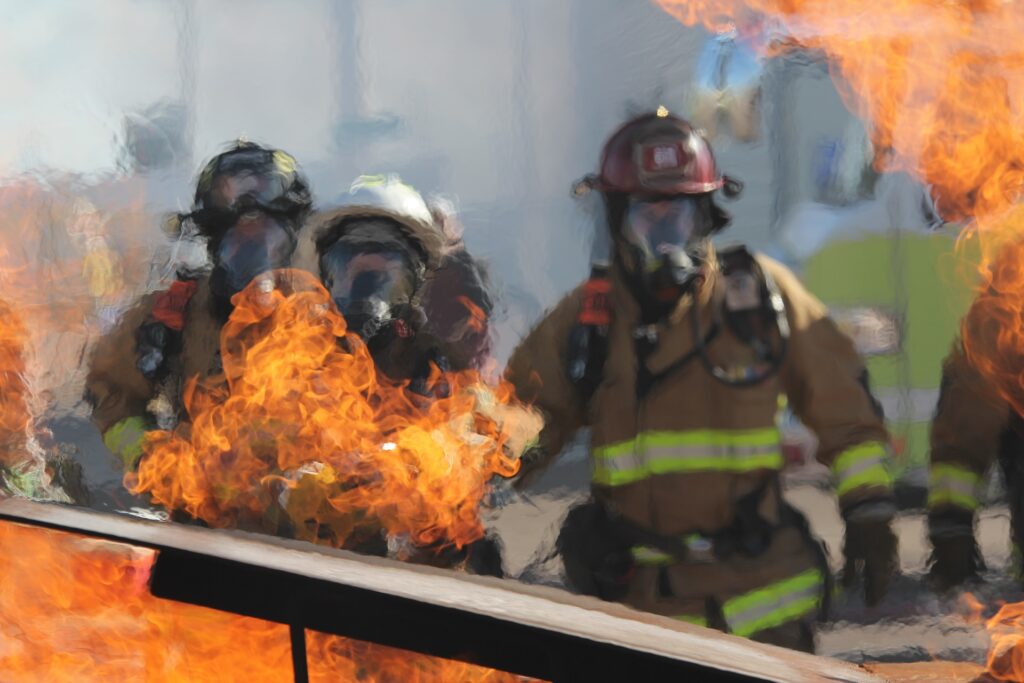Fire alarm systems are essential safety components in any building, and they can mean the difference between life and death in case of an emergency. However, the reliability of fire alarm systems can be affected by various environmental factors, such as temperature, humidity, and dust. In Malaysia, where the weather is hot and humid, understanding the impact of environmental factors on fire alarm systems is crucial to ensure the safety of occupants with SCA Malaysia.
What are Environmental Factors?
Environmental factors are conditions that exist outside or inside a building that can affect the performance of fire alarm systems. They can include temperature, humidity, dust, smoke, vibration, and electromagnetic interference. These factors can compromise the reliability of fire alarm systems, resulting in false alarms or failures to detect fires.
How do Environmental Factors Affect Fire Alarm Systems?
Temperature: High temperatures can cause electronic components in fire alarm systems to malfunction, resulting in false alarms or failure to detect fires. Low temperatures can also affect the reliability of fire alarm systems, especially if the batteries are not designed for cold environments. It is crucial to ensure that fire alarm systems are installed in temperature-controlled environments to ensure their reliability.
Humidity: High humidity can cause corrosion of electronic components in fire alarm systems, resulting in failure or false alarms. Moisture can also affect the performance of smoke detectors, resulting in false alarms or failure to detect fires. In Malaysia, where the humidity is high, it is essential to ensure that fire alarm systems are protected from moisture and installed in well-ventilated areas.
Dust: Dust can accumulate on the sensors and electronic components in fire alarm systems, affecting their sensitivity and reliability. It is essential to ensure that fire alarm systems are installed in clean environments and that regular maintenance is carried out to remove dust and debris.
Smoke: Smoke can also affect the performance of fire alarm systems, especially if the smoke detectors are not designed for the type of smoke produced by a fire. It is crucial to ensure that fire alarm systems are installed with the right type of smoke detectors for the specific environment to ensure their reliability.

The Advantages of Understanding the Impact of Environmental Factors on Fire Alarm Systems
Understanding the impact of environmental factors on fire alarm systems can help to build owners and managers ensure that their fire alarm systems are reliable and functioning correctly. Regular maintenance, inspections, and testing can help identify and address any issues before they compromise the safety of occupants.
In addition, understanding the impact of environmental factors can also help in the design and installation of fire alarm systems. Fire alarm systems that are designed and installed with environmental factors in mind can improve their reliability and reduce the risk of false alarms or failures.
Conclusion
The impact of environmental factors on the reliability of fire alarm systems cannot be ignored, especially in Malaysia, where the weather is hot and humid. Understanding the effects of temperature, humidity, dust, and smoke on fire alarm systems is crucial to ensure their reliability and effectiveness in case of an emergency. Regular maintenance, inspections, and testing can help identify and address any issues before they compromise the safety of occupants. By designing and installing fire alarm systems with environmental factors in mind, building owners and managers can improve their reliability and reduce the risk of false alarms or failures.




